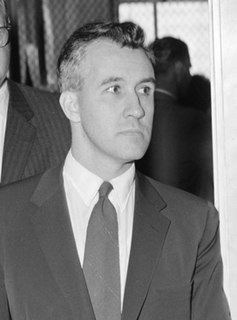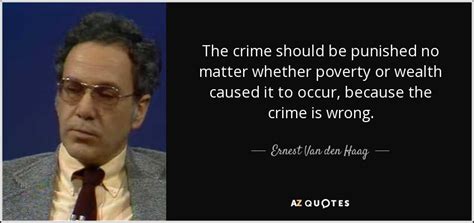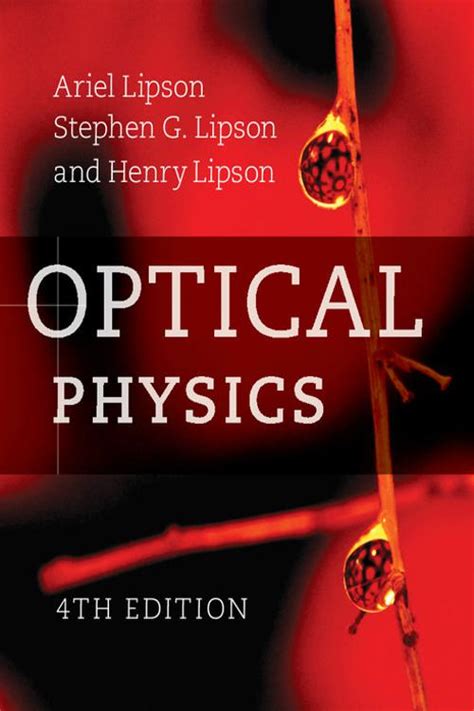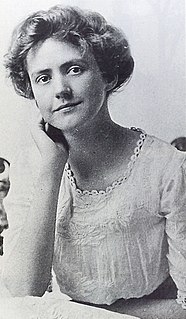A Quote by David Berlinski
Darwin's theory of evolution is the last of the great nineteenth-century mystery religions. And as we speak it is now following Freudians and Marxism into the Nether regions, and I'm quite sure that Freud, Marx and Darwin are commiserating one with the other in the dark dungeon where discarded gods gather.
Related Quotes
Alfred Russel Wallace, the codiscoverer of the theory of natural selection. Following their twin announcements of the theory in 1858, both Darwin and Wallace struggled like Laocoöns with the serpentine problem of human evolution and its encoiling difficulty of consciousness. But where Darwin clouded the problem with his own naivete, seeing only continuity in evolution, Wallace could not do so.
Darwin, Marx, and Freud meet. They may have understood other things, but the human soul, and in particular the soul of Culture-man, they did not understand. Systems like theirs are only historical curiosities to the 20th century, unless they happen to claim to be appropriate descriptions of Reality. Anyone who believes in these antiquated fantasies stamps himself as ludicrous, posthumous, ineffective, and superfluous. No leading men of the coming decades will be Darwinians, Marxians or Freudians.
A Chinese paleontologist lectures around the world saying that recent fossil finds in his country are inconsistent with the Darwinian theory of evolution. His reason: The major animal groups appear abruptly in the rocks over a relatively short time, rather than evolving gradually from a common ancestor as Darwin's theory predicts. When this conclusion upsets American scientists, he wryly comments: "In China we can criticize Darwin but not the government. In America you can criticize the government but not Darwin."
Asked to make a list of the men who have most dominated the thinking of the modern world, many educated people would name Freud, Einstein, Marx and Darwin. Of these four, only Darwin was not Jewish. In a world where Jews are only a tiny percentage of the population, what is the secret of the disproportionate importance the Jews have had in the history of Western culture?
The Church demonstrated the falsity and folly of Darwin's theories by showing that they contradicted the Mosaic account of creation, and now that the theories of Darwin having been fairly established, the Church says that the Mosaic account is true because it is in harmony with Darwin. Now, if it should turn out that Darwin was mistaken, what then?
There's a sense in which Marx does contribute to the fund of human knowledge, and we can no more dismiss him than we can [George] Hegel or [Jean-Jacques] Rousseau or [Baruch] Spinoza or [Charles] Darwin; you don't have to be a Darwinian to appreciate Darwin's views, and I don't have to be a Marxist to appreciate what is valid in a number of [Karl] Marx's writings-and Marx would call that a form of simple commodity production rather than capitalism.
Darwin's theory of evolution is a framework by which we understand the diversity of life on Earth. But there is no equation sitting there in Darwin's 'Origin of Species' that you apply and say, 'What is this species going to look like in 100 years or 1,000 years?' Biology isn't there yet with that kind of predictive precision.
I have always been slightly suspicious of the theory of evolution because of its ability to account for any property of living beings (the long neck of the giraffe, for example). I have therefore tried to see whether biological discoveries over the last thirty years or so fit in with Darwin's theory. I do not think that they do. To my mind, the theory does not stand up at all.




































